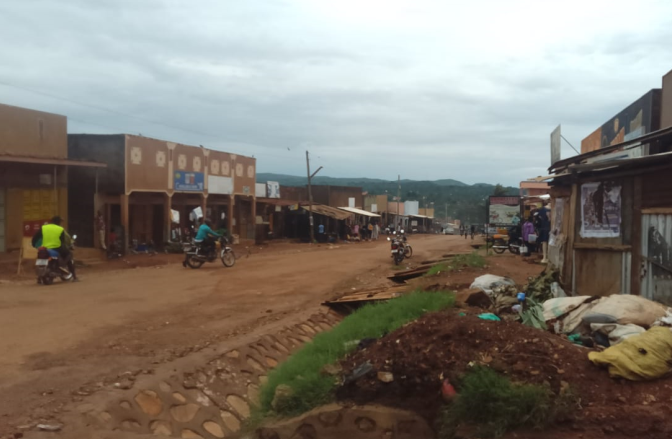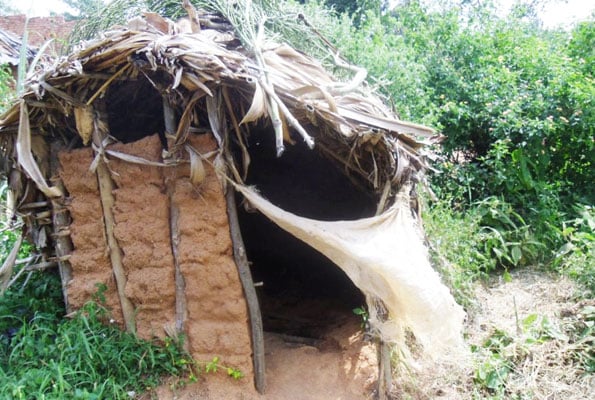Kiboga Town Council bans pit latrines

What you need to know:
- On average, a water-borne toilet facility can cost Shs4m, which covers purchasing a water tank, digging a soak pit, and a piped system, among others.
Authorities in Kiboga Town Council have banned the construction of new pit-latrines to promote toilets with clear sewerage systems in the area.
According to Mabel Mbaziira, the Kiboga Town Council physical planner, developers who plan to use only the traditional pit-latrines on their buildings will not have their plans approved.
“Before we implement our solid waste management strategy, we expect all developers in the town council to erect structures that conform to urban standards with clear sewage systems which can connect to the sewer line,” she said in an interview on April 26.
Mbaziira told Monitor that the government injected a lot of money in constructing a Shs6b sewerage treatment that has never been put to use as most lavatory facilities in the town are not water-borne.
"Kiboga Town Council has been there since 1991 when the district was curved out of Mubende District. Therefore, we now want to see this town elevated to the level of a municipality, but this can only come when we conform to certain standards,” she added.
Mbaziira said she is happy that some owners of public places such as schools, fuel stations, bars and places of worship like churches and mosques have already started putting up structures that conform to the required standards.
Currently, a small volume of waste treated at the facility is ferried from the urban centres of Mubende and Hoima where dwellers own either ventilated pit latrines or water borne toilets.
On average, a water-borne toilet facility can cost Shs4m, which covers purchasing a water tank, digging a soak pit, and a piped system, among others.
Teopista Nabiddo, one of the property owners in Kiboga Town, complained that putting up the standard toilets is expensive.
"It is a good idea, but we need more time to look for money to erect the required lavatory facilities,” she said.
Juliet Namaganda, another landlord, said the town council authorities need to first sensitise them before enforcing the new standards.
Currently, Kiboga Town has a population of about 22, 400 residents spread in four wards of Kirurumba, Bamusutta, Kiboga Nasuuna and Kabutemba.
In other urban centres like Kayunga, Mubende and Lira where a similar directive was first issued, it has faced stiff resistance from local developers who claim that they lack the funds to put up the required structures.




